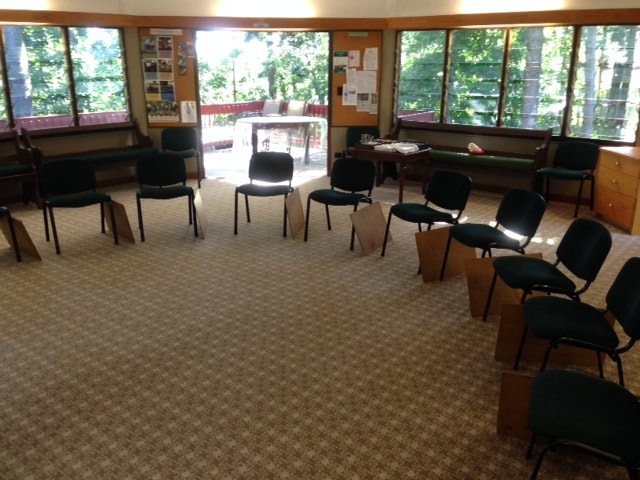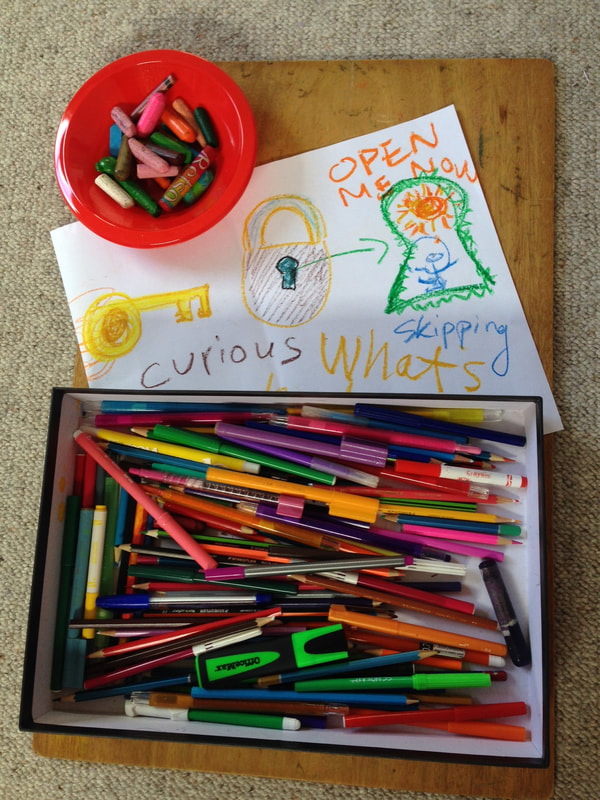IDT Peer Support Group
Join the IDT online peer support group: Email for more details
A Free face-to-face peer support group starts in February 2024 in Brisbane. It's open to all mental health practitioners. This session will run quarterly starting on the 3rd Saturday in February, May, August and November 2024 at the Brisbane Quaker Meeting House. Register now: https://www.mhpn.org.au/members/#/Network/91338
Practise your IDT skills with your peers
On completion of IDT courses, we encourage participants to consider joining or forming a local IDT Peer-support Group (PSG), which meets regularly (say monthly, for 1.5 to 2 hours working session) to share IDT experiences, discuss and practice the IDT method, develop IDT skills and their application in case work and practitioner development, – thereby becoming part of a wider and supportive IDT community. Research shows that participation in a PSG offers direct benefits in anchoring your IDT training, and enhancing your confidence and professional effectiveness. Different roles can be involved in the formation and management of a PSG:
Because coordinators and facilitators will inevitably attract a degree of projection and transference, it is important that these roles are enacted with experience, and within clear professional boundaries and accountability. Safety and confidentiality are paramount. A PSG culture, although informal, needs to be carefully attended to. To this end coordinators and facilitators of a PSG are not agents of IDT and need to be registered members of an appropriate professional association.
Self-managing IDT Peer Support Groups act independently from IDT Custodial Group. Like other therapeutic modalities, IDT can be used safely or inappropriately. The IDT Custodial Group takes no responsibility for personal or group issues that may arise from disclosure or interactions with PSG members. IDT is not intended to replace normal professional safe practices. We recommend that all PSG participants practice appropriate self-disclosure, and engage in regular one-to-one supervision, in addition to their PSG activities.
Depending on your location, you may be interested in joining an online PSG or establishing a new PSG in your area. If you have a question about PSG, please go to the Contact Us page.
- Coordination – A local coordinator keeps members informed of the venue, times, and costs for group meetings, and is listed here as the initial contact person that welcomes in new members.
- Facilitation – Each meeting needs some structure and leadership to ensure safety and achieve goals. Some groups rotate this role among its members, and some negotiate a short-term tenure with a suitably experienced IDT practitioner.
- Supervision – Peer-group supervision can offer a vehicle for professional self-reflection.
Because coordinators and facilitators will inevitably attract a degree of projection and transference, it is important that these roles are enacted with experience, and within clear professional boundaries and accountability. Safety and confidentiality are paramount. A PSG culture, although informal, needs to be carefully attended to. To this end coordinators and facilitators of a PSG are not agents of IDT and need to be registered members of an appropriate professional association.
Self-managing IDT Peer Support Groups act independently from IDT Custodial Group. Like other therapeutic modalities, IDT can be used safely or inappropriately. The IDT Custodial Group takes no responsibility for personal or group issues that may arise from disclosure or interactions with PSG members. IDT is not intended to replace normal professional safe practices. We recommend that all PSG participants practice appropriate self-disclosure, and engage in regular one-to-one supervision, in addition to their PSG activities.
Depending on your location, you may be interested in joining an online PSG or establishing a new PSG in your area. If you have a question about PSG, please go to the Contact Us page.



